
A show about relationships with the land
There are many ways to listen to the show: Listen live on CFRU 93.3 fm broadcasting from the University of Guelph Mondays at 6pm EST or listen to the podcast via Spotify, Apple, or just follow the rss feed.
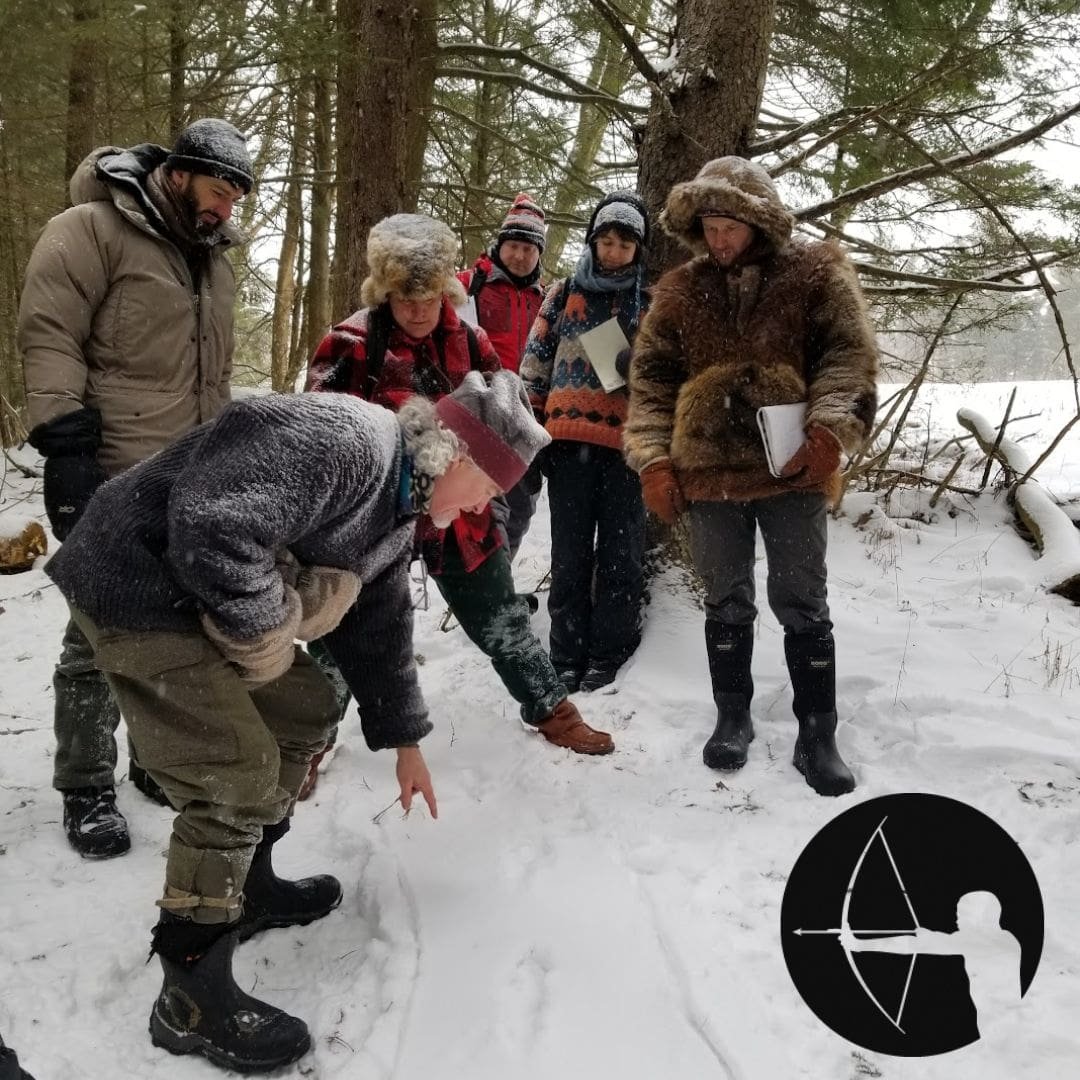
Ep. 209 : Tracker Certification North America
Tracker Certification North America is an evaluating body in the field of wildlife tracking and trailing, and so much more. They host evaluations which double as in depth community tracking and trailing training sessions, going deep on the explanations and pointing out how the evaluator can see what they can see. This process encourages dialogue, feedback and reflection, community discussion and a deeper understanding of the trails the animals are leaving behind.
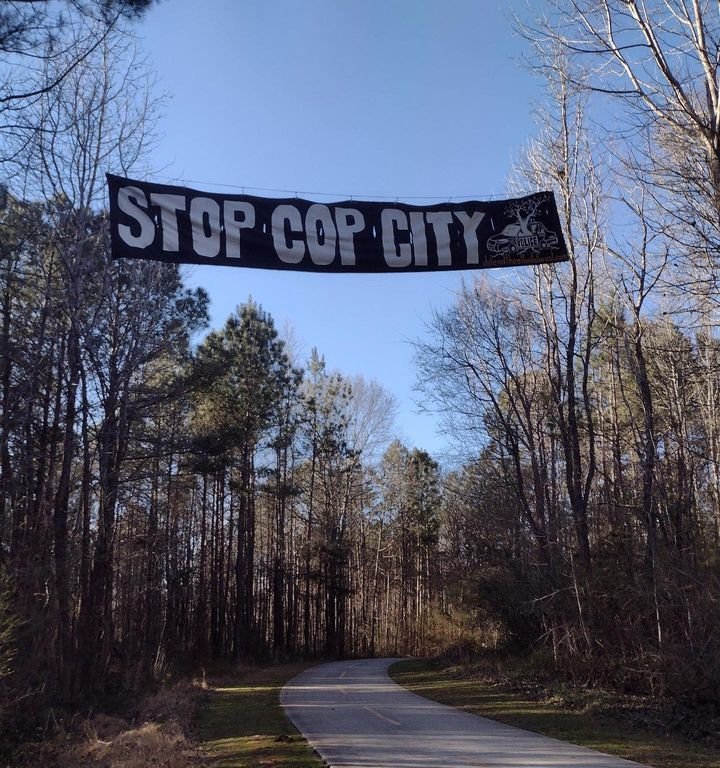
Ep. 208 : Stop Cop City
Cop City is an urban warfare training facility being built on the South side of Atlanta. To construct this sprawling $90 million compound stretching 85 acres, developers are bulldozing a forest. The stated motive for this project was to boost morale of police in the wake of the George Floyd uprisings, which showed that the public in Atlanta and elsewhere had lessening faith in the role of policing in keeping them safe.
I got to speak with Leila about the history and ongoing progress of the campaign, how it has evolved, how public support continues to grow for the Stop Cop City movement, and how many local institutions, such as local universities and major corporations are revoking support or outright condemning the training facility.
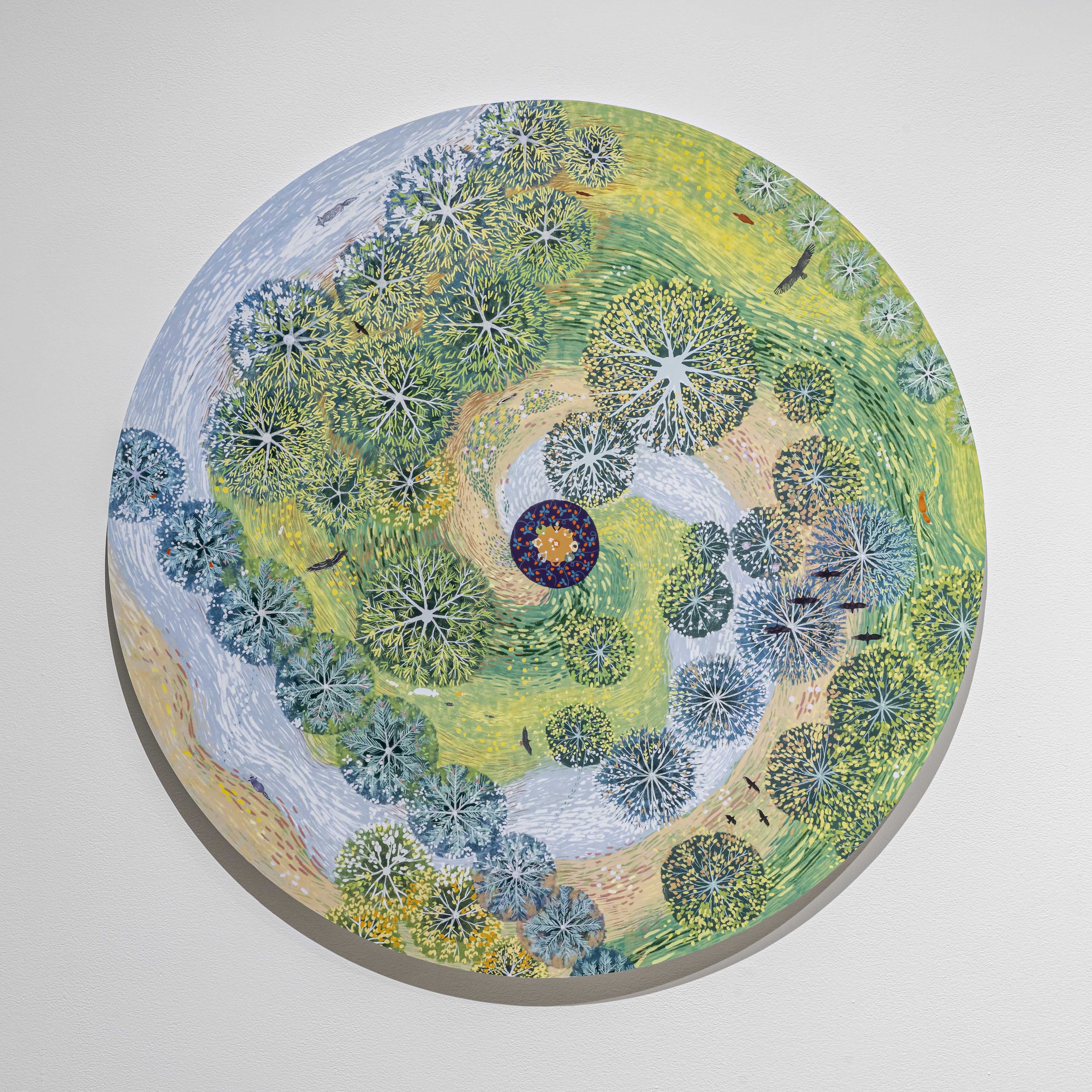
Ep. 207 : Journey With Our Kin with Dani Kastelein-Longlade and Amina Lalor
Dani Kastelein-Longlade and Amina Lalor along with with guest artists Katherine Rae Diemert and Brenda Mabel Reid have created an inspiring and beautiful exhibition, Journey With Our Kin, at the Queens Square Idea Exchange gallery in Cambridge Ontario. The exhibition is open until Feb. 5th, 2023.
I got to talk with Dani and Amina about their work at the exhibition, and about how getting to know the lands where we live may interrupt the colonial frameworks we daily navigate. We discuss relationships with the land, the Nokom’s House project we have all been a part of, and about their place in the world along with varied identities, passions, and work they take up.
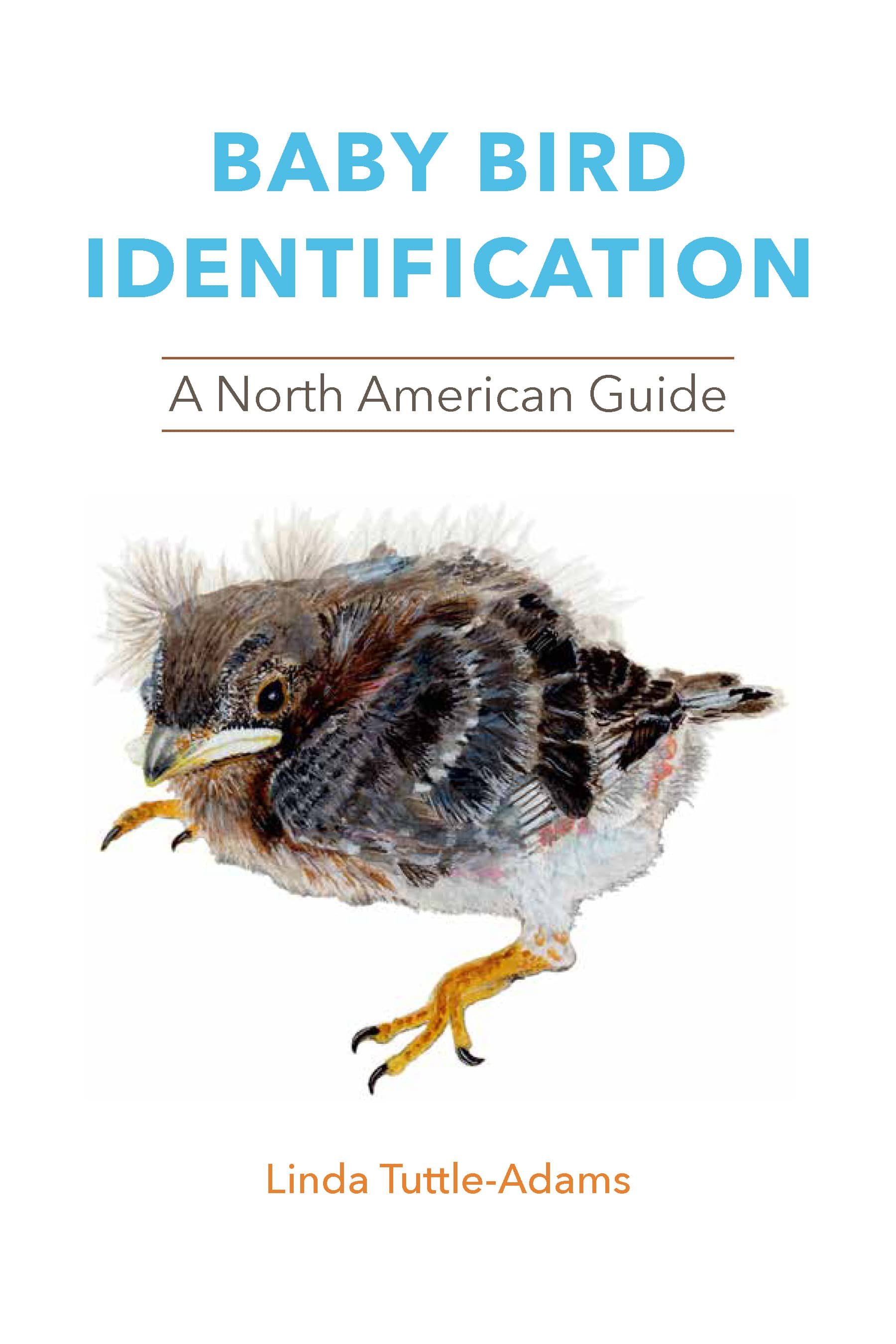
Ep. 202 : Baby Bird Identification with Linda Tuttle-Adams
It can be really hard to identify a baby bird, and that can be problematic in trying to identify the exact care needs the bird requires to flourish. Some birds may only feed their nestlings seeds, where as others require insects. Identification is key to the survival of many of the species of birds found across North America/Turtle Island every year. There are few resources and fewer accessible texts outside of academia to turn to, but with Linda Tuttle-Adam’s new book “Baby Bird Identification - A North American Guide” things just got easier.
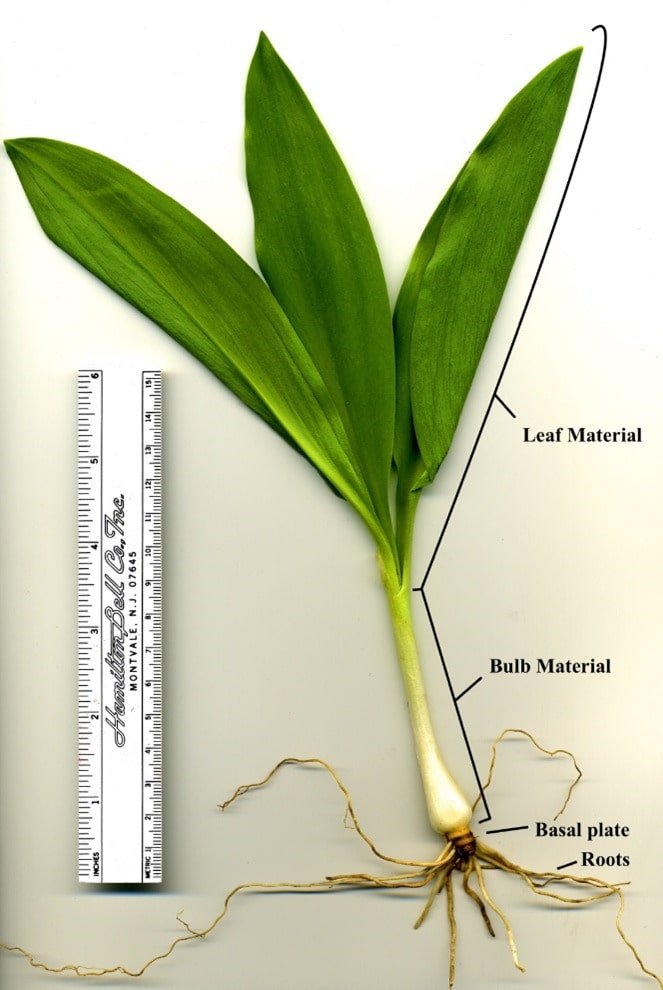
Ep. 201 : Harvesting for Conservation with Sarah Nilson and Eric Burkhart
“Fewer ramps per pound means more ramps in the ground”.
Ramps? Wild Leeks? Allium tricoccum? Whatever you call them, they are a type species for foraging and everyone wants to be in relationship with them. Often that means everyone is looking for them and trying to bring some home, or sell them at markets or fine restaurants, sometimes without care or consideration as to what is best for the Ramps themselves. But when we slow down, study, and learn the best ways to know and be in connection with a plant then it may even be possible to support plant populations while harvesting from them.
Sarah E. Nilson and Eric Burkhart join me for a conversation around when is the best time for commercial growers to be harvesting and why we it might be better to be harvesting at certain phenological stages rather than others. We talk about Ramps, their general ecology, why it is important to maintain relationships through harvesting, but in good ways that give the plants the best chance at sustained growth and genetic diversity.
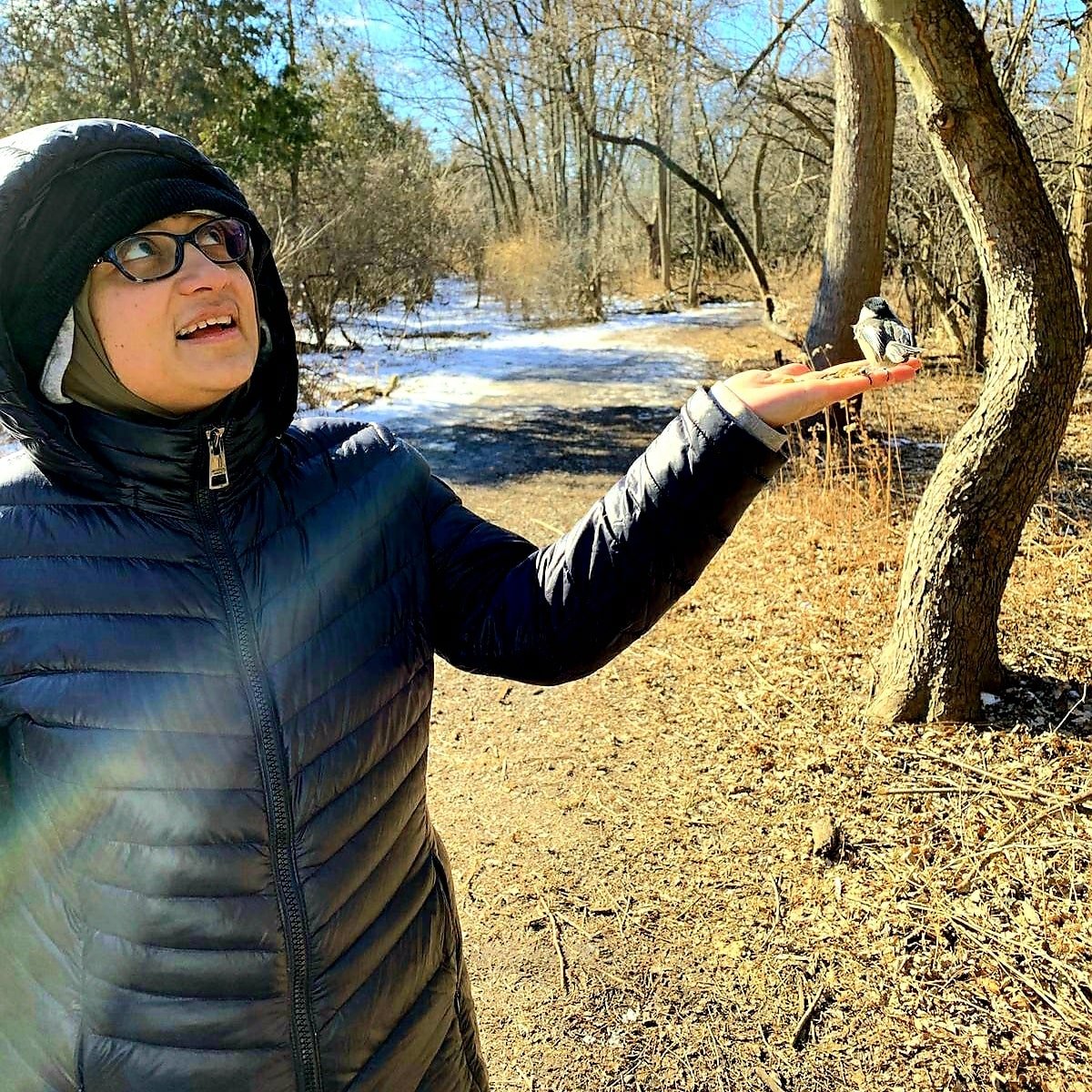
Ep. 198 : Understanding Ecopsychology with Memona Hossain
“One of the things we tend to do culturally, the framework is to separate humans from the earth and to see them as two separate entities, rather then seeing that as an interconnected relationship..”
My experience with Memona is that she is all about challenging that feeling of separateness and working towards restoring and remediating that disconnect between the sacred Earth and us humans who may have forgotten it. She has described Ecopsychology in the past as “the area of study that explores the connective, holistic relationship between humans and the Earth,” and her passion really drives that home, albeit in a very open way, often allowing the land to lead in that remembering and reconciling.
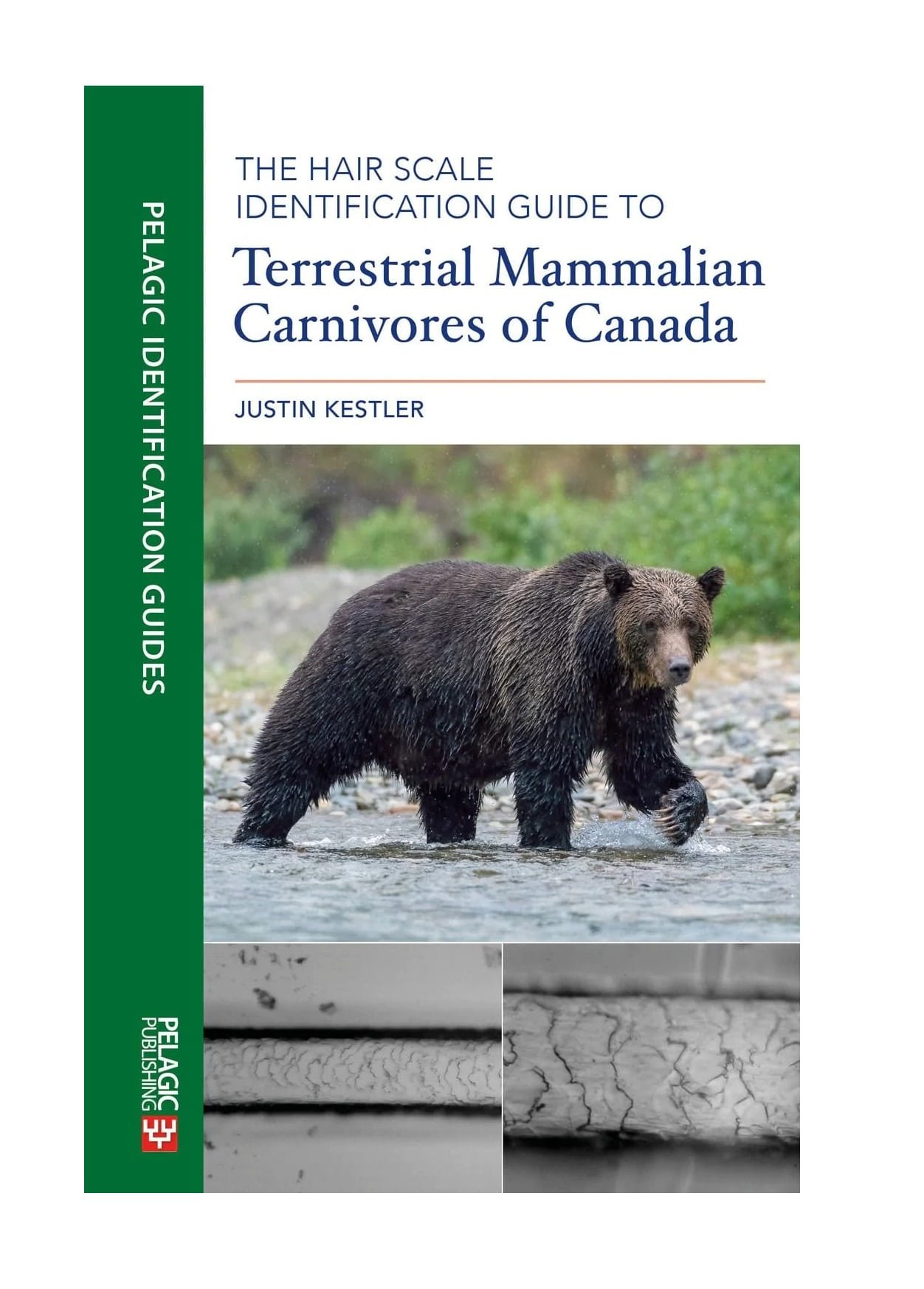
Ep. 196 : Hair Scale Identification Guide to Terrestrial Mammalian Carnivores of Canada with Justin Kestler
Justin Kestler and I got to talk about his new book The Hair Scale Identification Guide to Terrestrial Mammalian Carnivores of Canada. This concise book is a quick guide to interpreting the origin of hairs based on the morphology of scales along the cuticle (outer side) of the hair. It’s not like a fingerprint per se, which attempts to identify an individual human, but instead may help to identify a species. This is because the scale structure is different across species but not so much individuals of that species. Make sense?
We talked about the process of documenting the hair scales, acquiring the hairs, and a bit about ecological traits which might be indicated through the characteristics of the hairs. It was really fun to nerd out about the finer details of hairs. The book, and the interview have really pushed me to keep a hair journal and begin looking for a microscope. Maybe in the future…
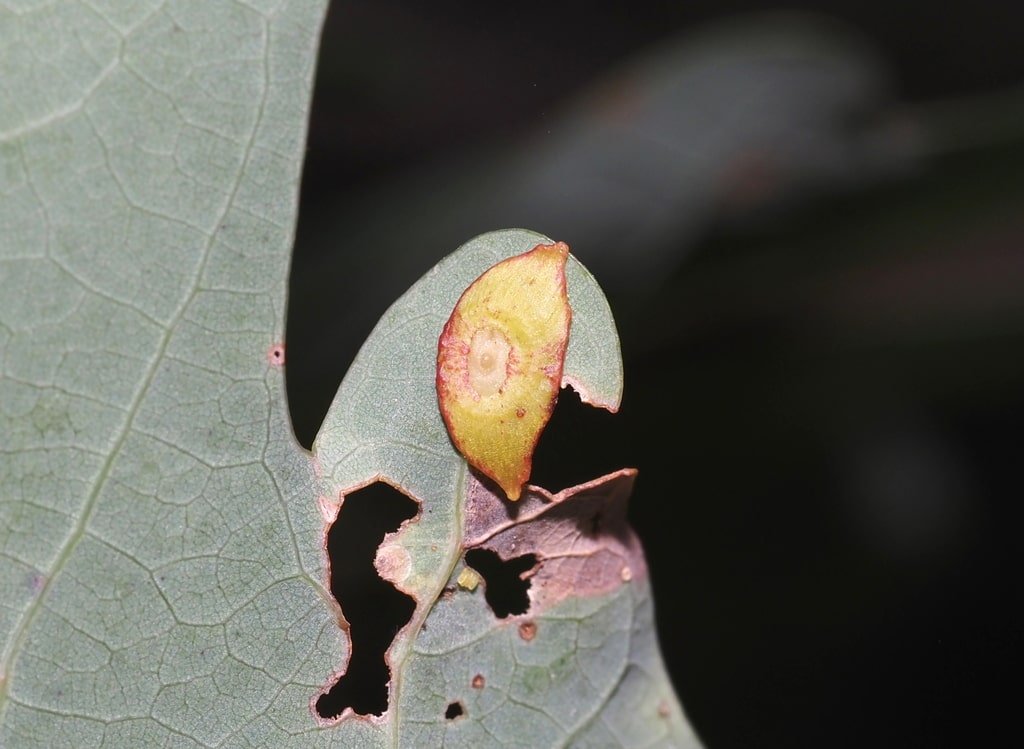
Ep. 195 : Gallformers.org
Gallformers.org has been referred to me by a few friends over the past few months as they helped me to identify some unknown galls I have found in the field. I have written about galls on this website many times as well, usually having to refer back to gallformers.org finally figure out who made them.
My appreciation and curiosity surrounding galls and their ecologies could just go nowhere if I didn’t have tools and resources to help me find answers to my curiosities, but because of Adam and Jeff at gallformers.org I have been able to keep going down the gall makers emergence hole and am consistently learning so much as I go.
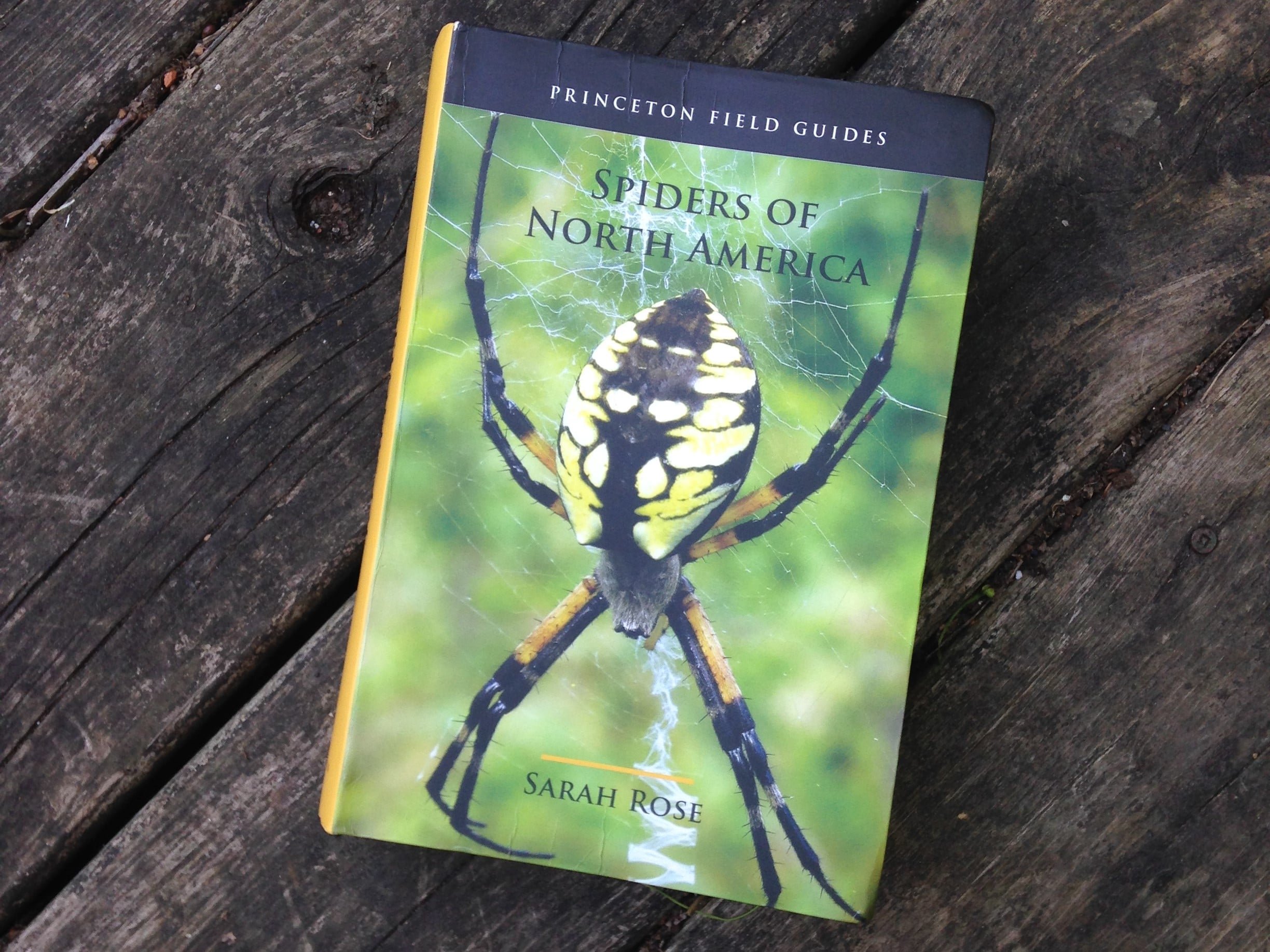
Ep. 193 : Spiders of North America with Sarah Rose
I am overwhelmed sometimes by the sheer diversity and quantity of Spider species I encounter. So many! I take a ton of photos and bring them up on my computer hoping to try and identify a couple, and maybe write about who I am seeing out there, but the precious few who I have been successful in identifying are just that, the precious few.
It has been hard to find a good field guide to Spiders. When I recently I got a copy of Spiders of North America by Sarah Rose I was stoked.
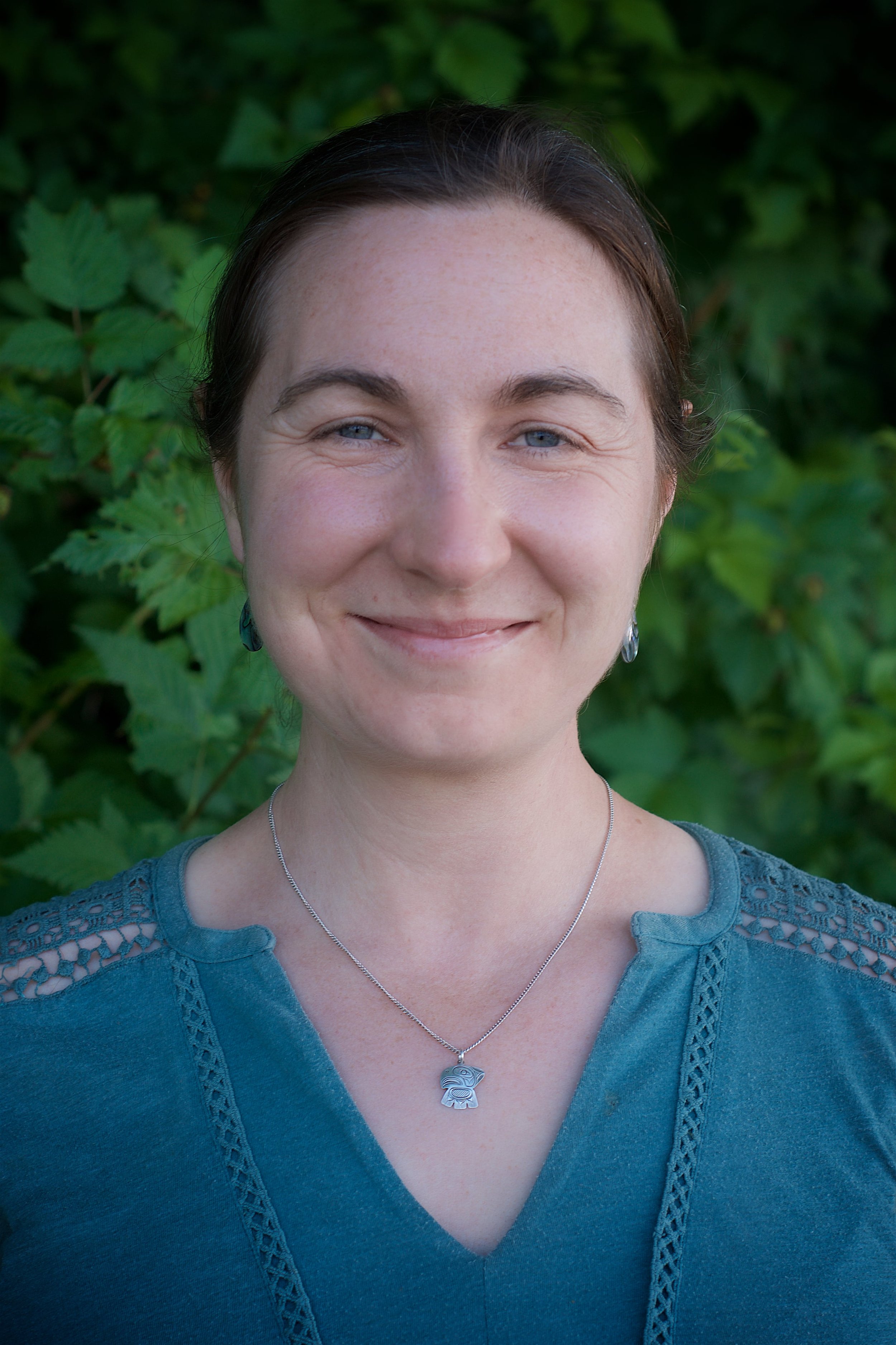
Ep. 192 : Daniella Roze on the harm in our work
Daniella Roze lives this stuff. Seriously. She has spent years living off grid in a small community of folks learning how to live in closer connection with their land base out West. She has done month long adventures with a crew of women living with only the hides on their backs and whatever they could harvest from the land. She is also the founder, and was the former director and lead instructor at the Thriving Roots Wilderness School. Land based learner, educator, ecopsychologist, and PhD candidate, Daniella is well acquainted with the healing and possibility in the work of helping folks connect with the land, but she is also aware of the harms.
Together we discuss how can our nature based organizations work towards “justice” when we have blinders imposed by the dominant culture? When we replicate racist hiring practices, when we speak of the land in ways that erase the indigenous histories of the places where we work? How can we do the work to be more equitable, inclusive and welcoming to black, indigenous and other folks of colour?
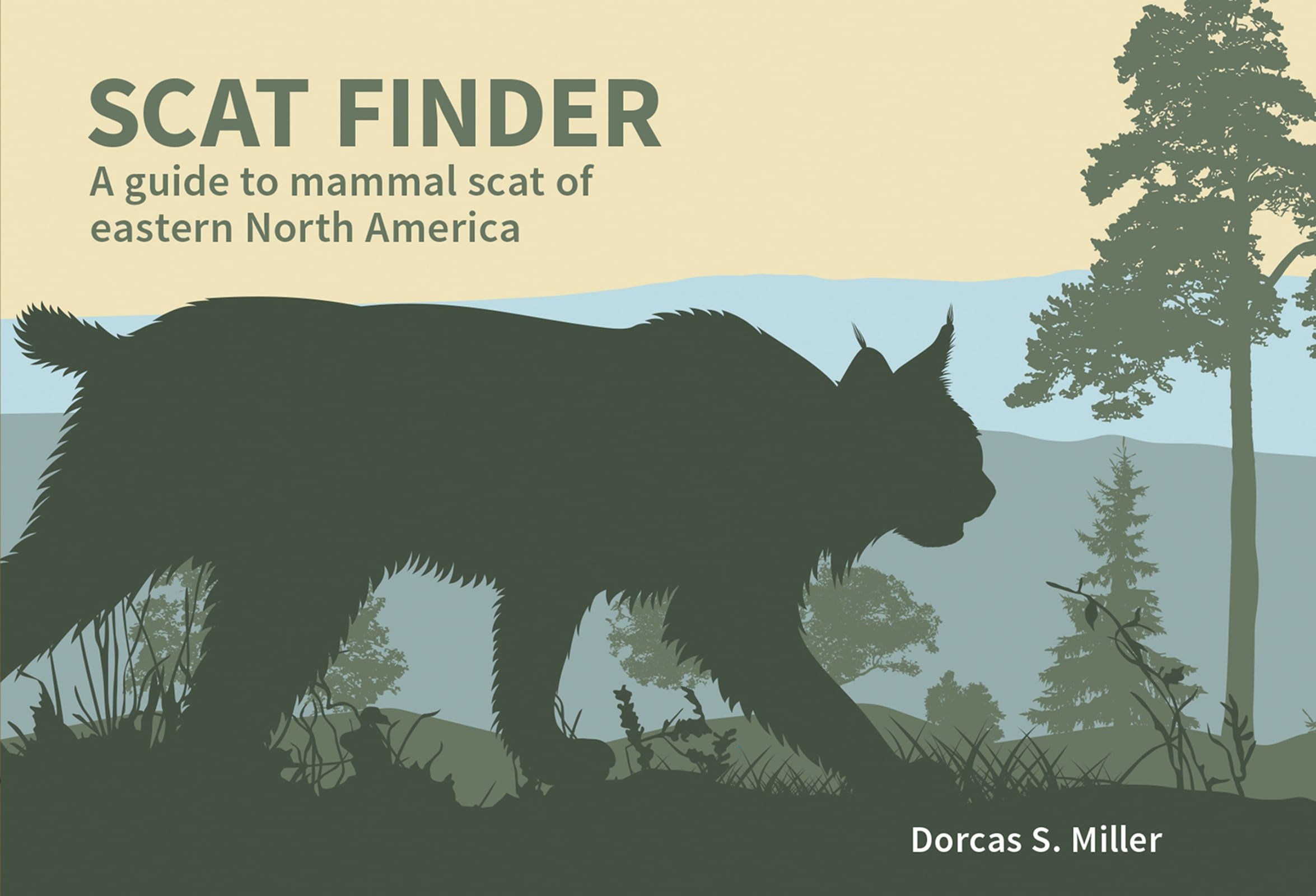
Ep. 191 : Scat Finder with Dorcas Miller
Finding and identifying scat is definitely part of a trackers repertoire as scat is a gateway into the natural history of the animal who left it. It highlights which species the animal is in relationship with, can help identify where the animal has been, and more generally can teach us more about our land base, which really is the point of this show.
Dorcas and I share stories while I ask questions about her awesome new book. It was an honour to get to talk with Dorcas.
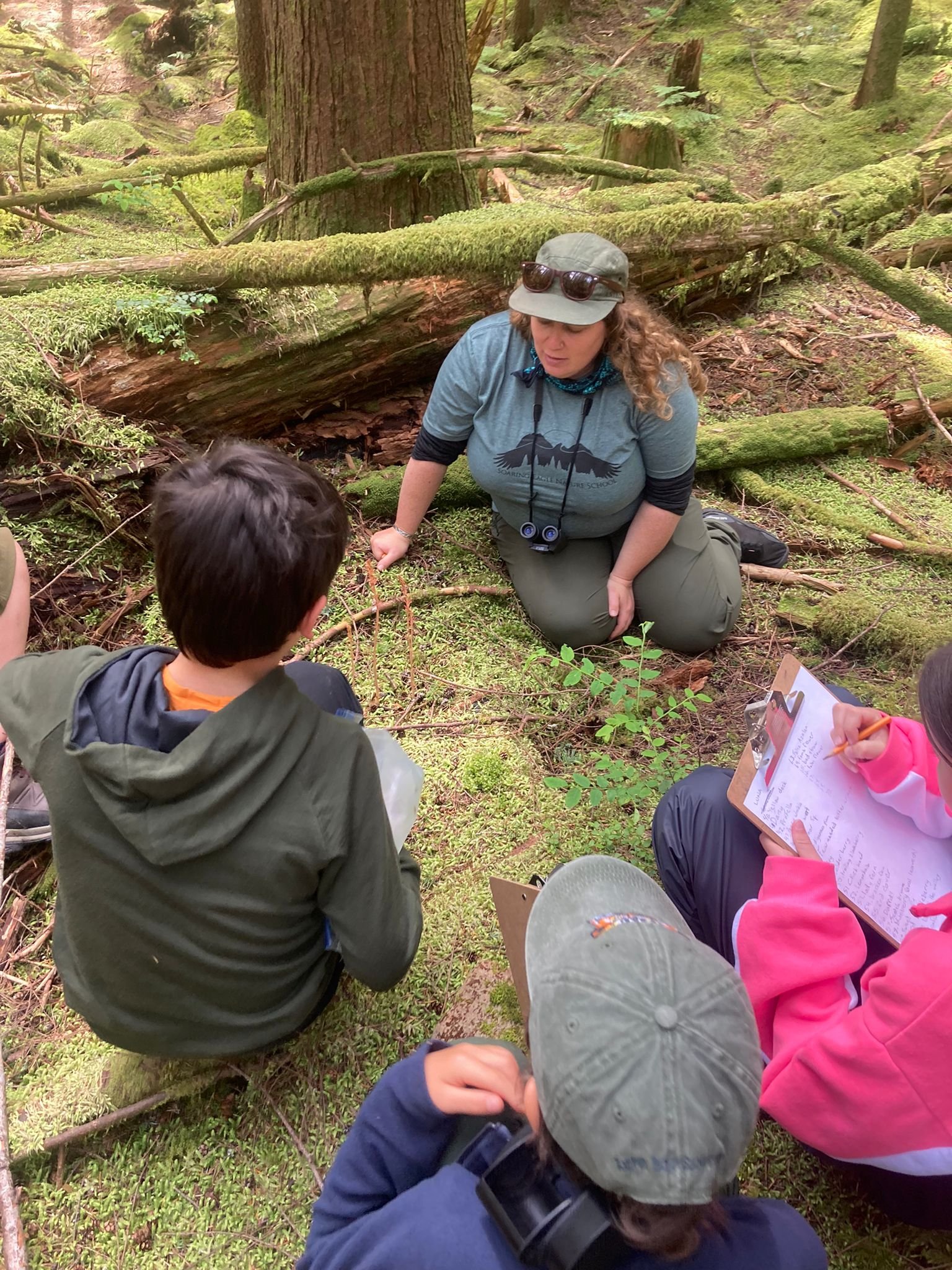
Ep. 190 : Jenna Rudolph on the harm in our work
Jenna Rudolph has been running an nature school on unceded territories on the West coat of the continent. What does it mean to support students in developing connections to a land base that is stolen from indigenous people? It would be easy to shy away from the question, as many have for so long, but Jenna and her colleagues at Soaring Eagle Nature School are trying to explore this question directly, with humility, patience and deep care.
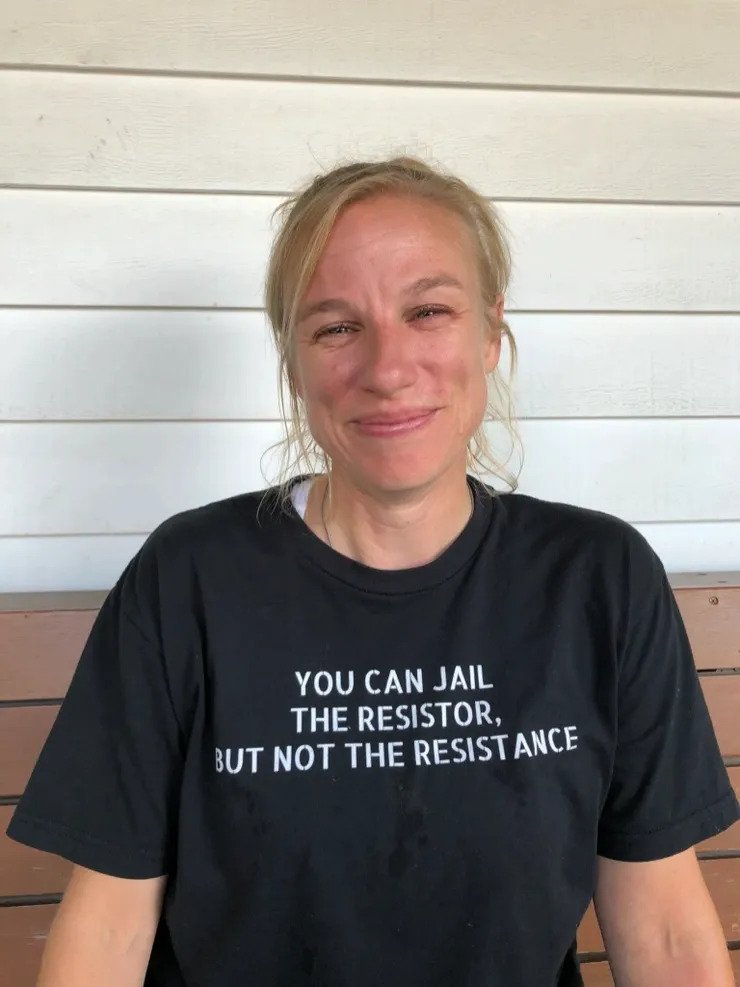
Ep. 189 : Jessica Reznicek Is Not A Terrorist
On July 24, 2017, Jessica Reznicek admitted to engaging in acts of sabotage to stop the Dakota Access Pipeline. Her actions resulted in 4-month delay in pipeline construction. Despite the fact that the pipelines were not running at the time so there was no chance of a spill and no one was hurt during the acts of sabotage U.S. federal Judge Rebecca Goodgame Ebinger later applied a domestic terrorism enhancement to Jessica’s sentences doubling her prison term to 8 years locked up, followed by 3 years supervised probation. Last week, Reznicek's attorneys argued an appeal that the district court had inappropriately decided that her actions constituted a federal crime of terrorism. They are now awaiting a decision concerning the appeal.
For this show I got to talk with Charlotte from the Support Jessica Reznicek Network about Jessica’s case.
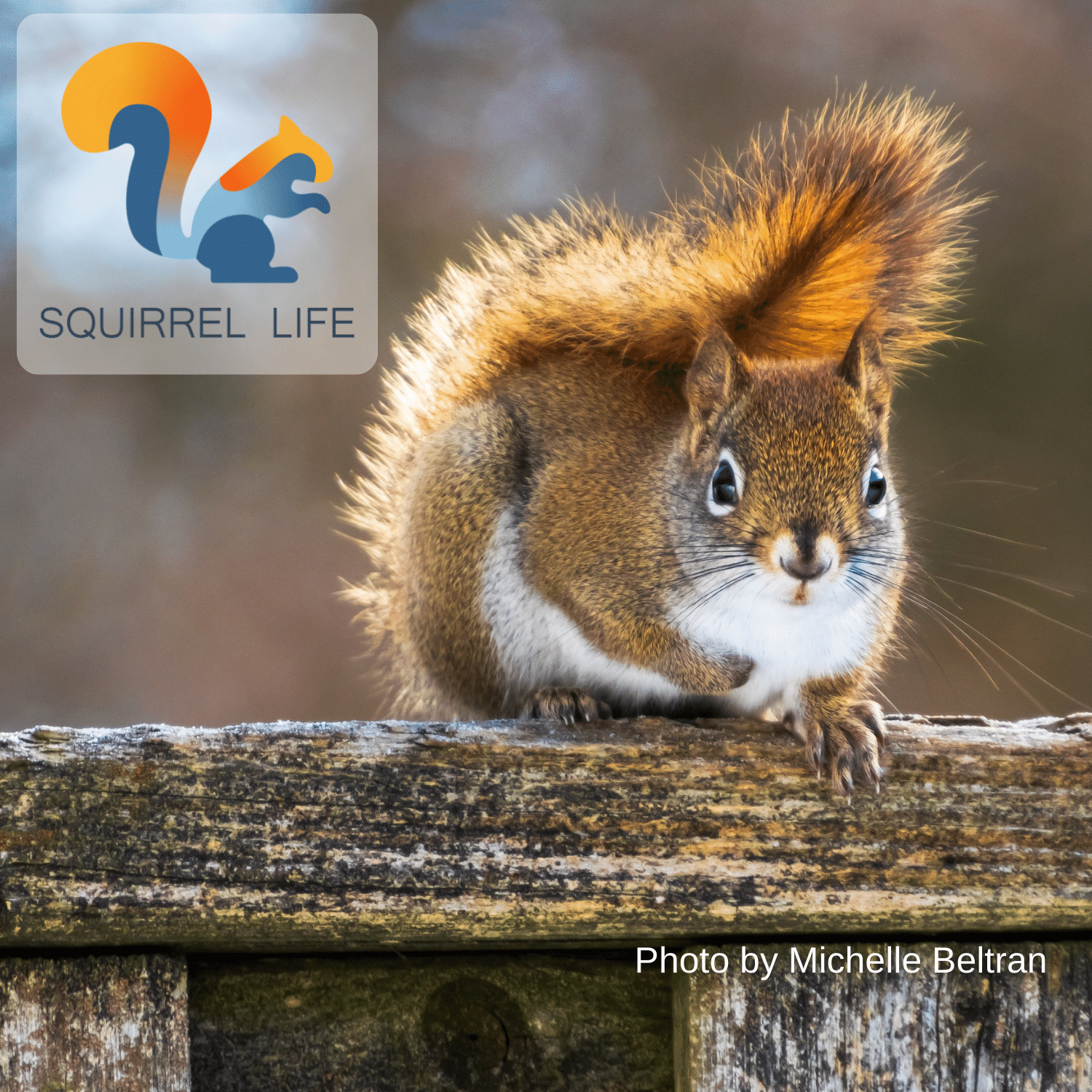
Ep. 186 : Squirrel Life Project with Elizabeth Porter
Birdwatching is obviously a thing as birds are everywhere, loud, demonstrate interesting behaviours, and they are often brightly coloured. Squirrels too are everywhere, loud, and demonstrate interesting behaviours. They aren’t brightly coloured, but their brindled, black, red, brown, grey, or even white in the case of some albino individuals at Trinity Bellwoods downtown Toronto, are still a joy to observe. So why not take up Squirrelwatching?
Elizabeth Porter is the project coordinator for the Squirrel Life project which is developing an app to collect community sourced observations of Squirrels and their varied, interesting and often comical behaviour and then enables future researchers to access the shared collected data for their research. It’s a project with many aims including getting folks outside to observe wild life close to home while encouraging a closer look at varied Squirrel behviours which are happening all around, all the time. Along the way, Elizabeth is looking at how to communicate scientific research and findings with broad diverse communities. A great goal.
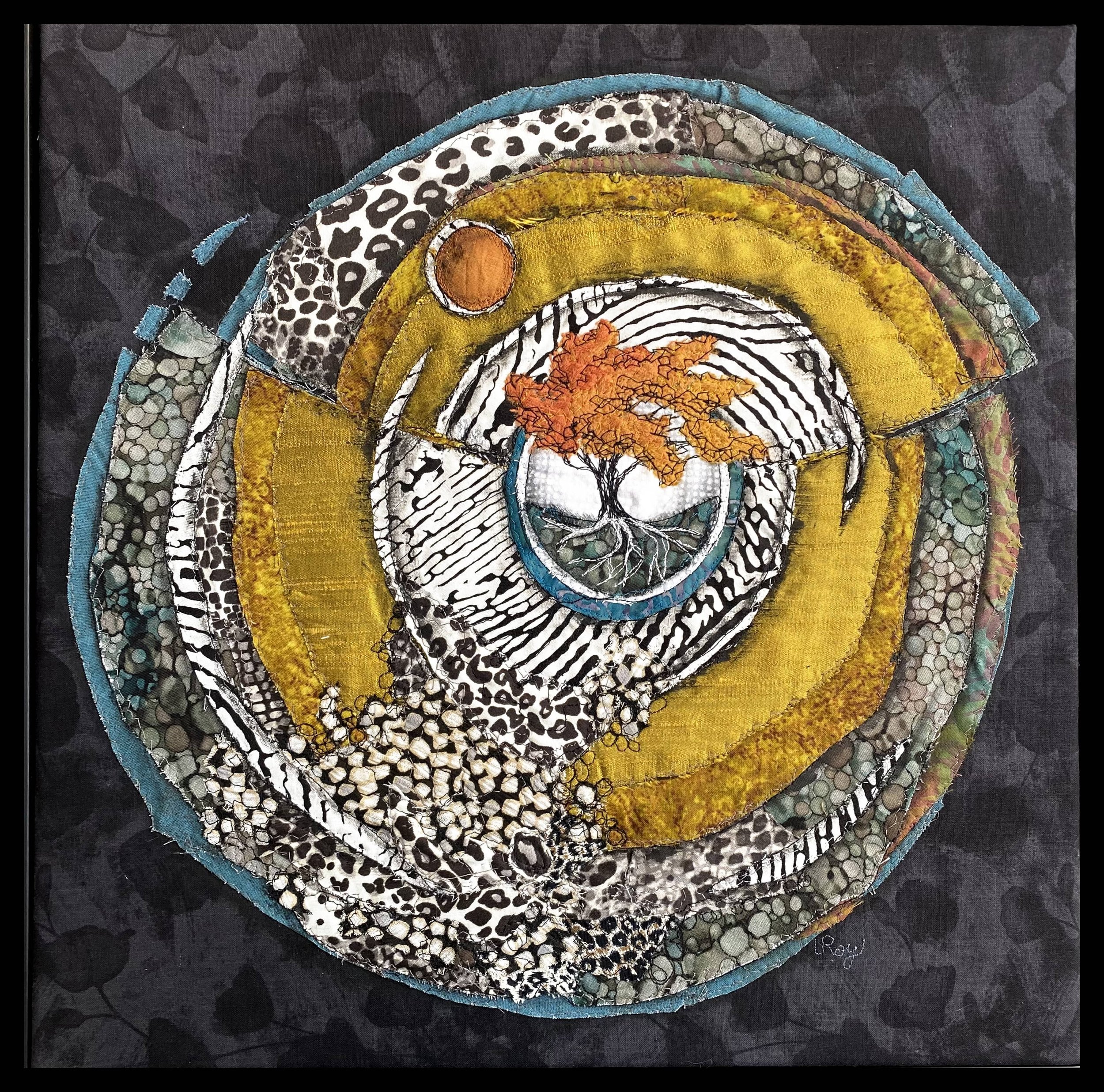
Ep. 185 : In conversation with Lorraine Roy, and Greg Kennedy SJ.
By calling, Greg is a Jesuit priest. Lorraine, a textile artist. Both have a keen eye for observation, and translation. Learning to see the wonder and awe embedded in the guardians of the air we collectively breathe, the trees, they render the arboreal grace and might into earthly transmissions which allow us to know the land a little better.
On Earth Day weekend, April 22-24, Greg Kennedy, Lorraine Roy and I will be facilitating a retreat at the Ignatius Jesuit Centre with the theme of Trees. In this conversation we share some of why we are involved in this project, and to reflect on what brought us to this work, who has inspired us, and what we hope to bring to this emergent weekend.
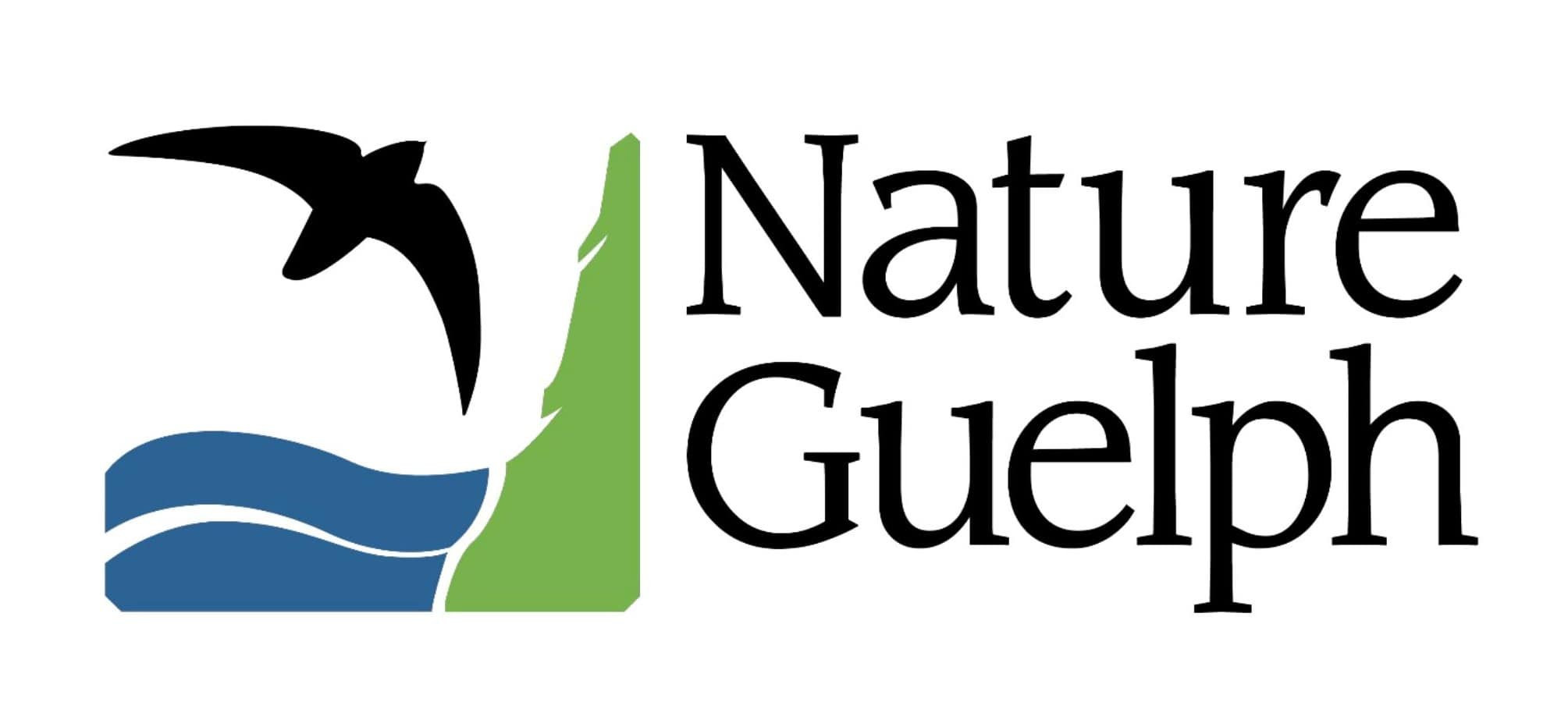
Ep. 184 : Nature Guelph
Nature Guelph was established in 1966 and since then has been promoting connection with the lands in and around the city I now call home. I have been attending their events for years, always drawn in by their knowledgeable speakers and presenters and great community. It has been a hub for naturalists in Guelph and I have been so lucky to get to know the broader community of humans and non-humans through their efforts.
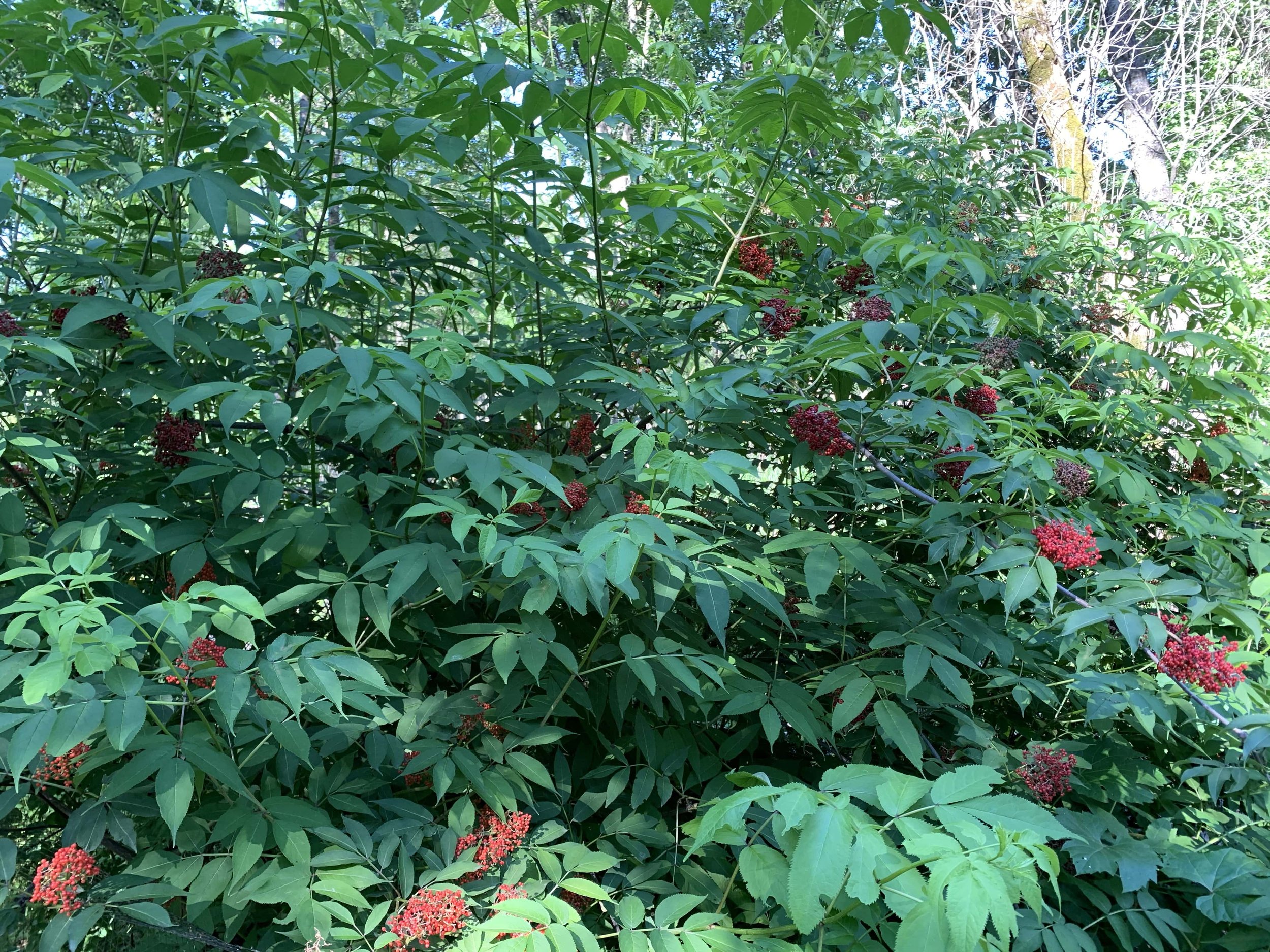
Ep. 181 : Buckthorn Phenology and Possible Management Strategies with Mike J. Schuster
I have seen and been part of a lot of Buckthorn (Rhamnus cathartica) removal efforts, and while initially hopeful, often there is a inevitable return of the non-native to once again take over the forest understory in short time. What if there were strategies, without herbicides or biocontrols to reduce or prevent the likeliness of Buckthorn’s recolonization?
Mike J. Schuster from the Department of Forest Resources at the University of Minnesota recently co-authored a paper looking into native phenological competitors to Buckthorn which can be planted after Buckthorn removal to help keep R. cathartica out. Luckily for me, one of the suggestions was a (fairly simple) practice I have been learning about and working on for the past 5 years! Plant more Elderberry! Sambucus canadensis and perhaps even more so S. racemosa can help block out the light essential to early Buckthorn growth. By planting these two shrubs , who have similar phenological timelines to the Buckthorn, we can help restore native biodiversity in forests experiencing Buckthorn invasions.
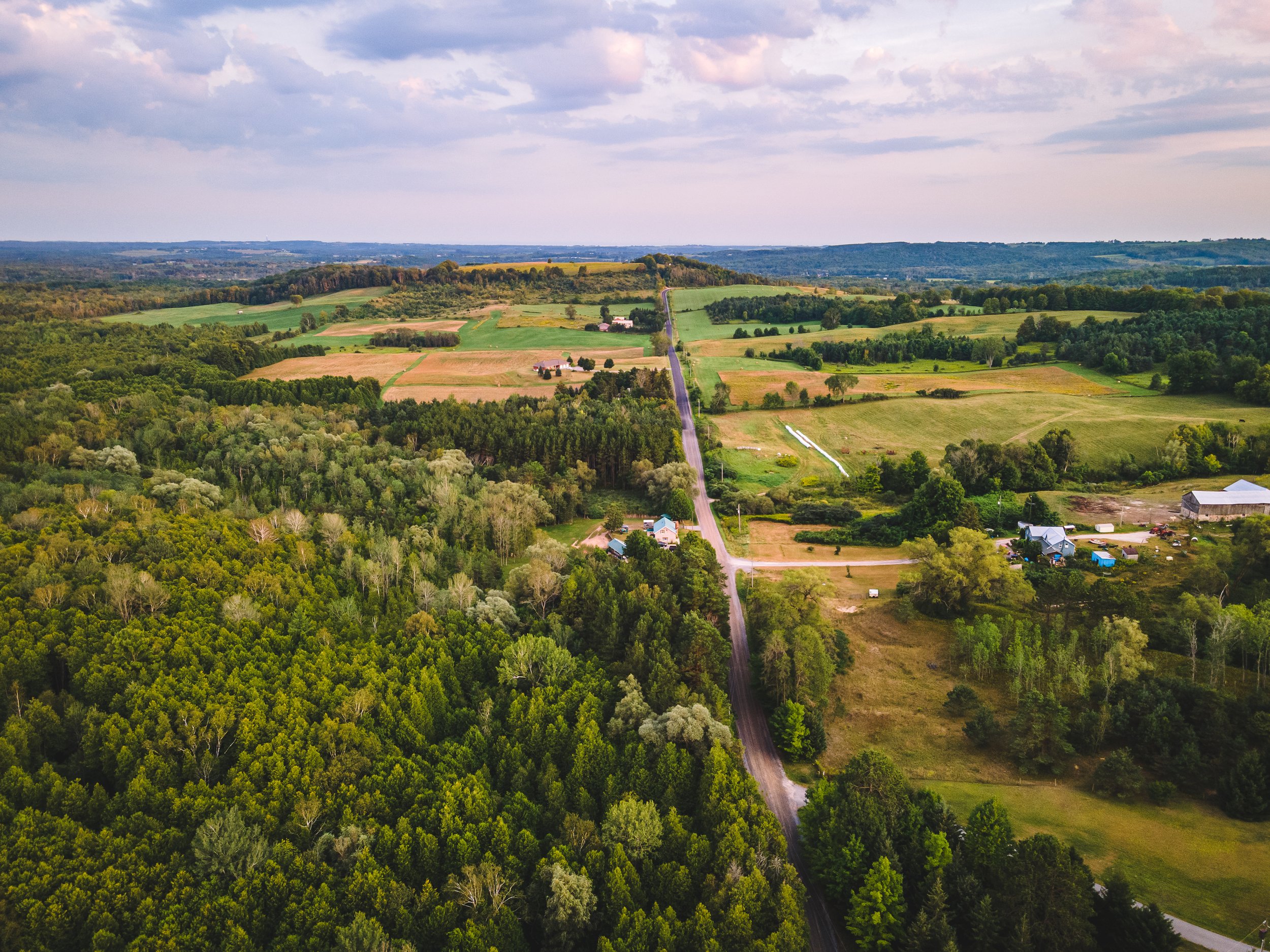
Ep. 177 : Greenbelt Foundation with Shelley Petrie
2,100,000 acres protected within not only the most populous area in Canada, but one of the most important economic areas, the struggle between development and sprawl vs protection and conservation of farms, forests and fragile wetlands is a very real undertaking, and one very much beyond me. Getting to talk to Shelley Petrie of The Greenbelt Foundation was helpful in understanding some of the details of what exactly the Greenbelt is and who the Greenbelt Foundation are.
With a local council North of Toronto recently voting in favour of a developer’s request to redesignate 1,400 acres of Greenbelt farmland into developable lands I got to wondering if the Greenbelt can hold up against this and possible future impingements? Where do folks allow development and where do folks protect lands?

Other platforms where you can listen to the show :
As well as : Breaker : Overcast : Pocket casts : RadioPublic



